Phedonos also said that Paphos can become a major education hub in the region
Paphos mayor Phedonas Phedonos has urged Cypriot businesses to adopt a more international, export-oriented approach, saying that the island can become a starting point from which they can sell products or services to other countries.
Speaking at Mindset Talks 7, a personal development and business conference held in Paphos over the weekend, Phedonos highlighted the importance of Cyprus serving as a launchpad for local businesses to access major regional markets.
“We have to self-improve and become more outward-looking,” he said.
“Due to a number of factors, we an inward-looking mentality as an island, and we have to change that,” the Paphos mayor added.
He also stressed the crucial role of private businesses and organisations in driving systemic change.
“The private sector has to get involved and lead the way and change the system for the better,” he said.
Phedonos also delivered a series of candid remarks, saying that “we are ruled by the dictatorship of the mediocre”.
He then stressed the need to “unlock society’s potential,” urging a shift towards greater productivity and ambition.
Looking ahead, Phedonos shared his vision for the city, saying that “in the next years, we want Paphos to become a regional education centre”.
“We also want to create new knowledge,” he continued, in the context of universities and other research institutions creating new research which can then be used outside of academia. “This is what we want to become,” he added.
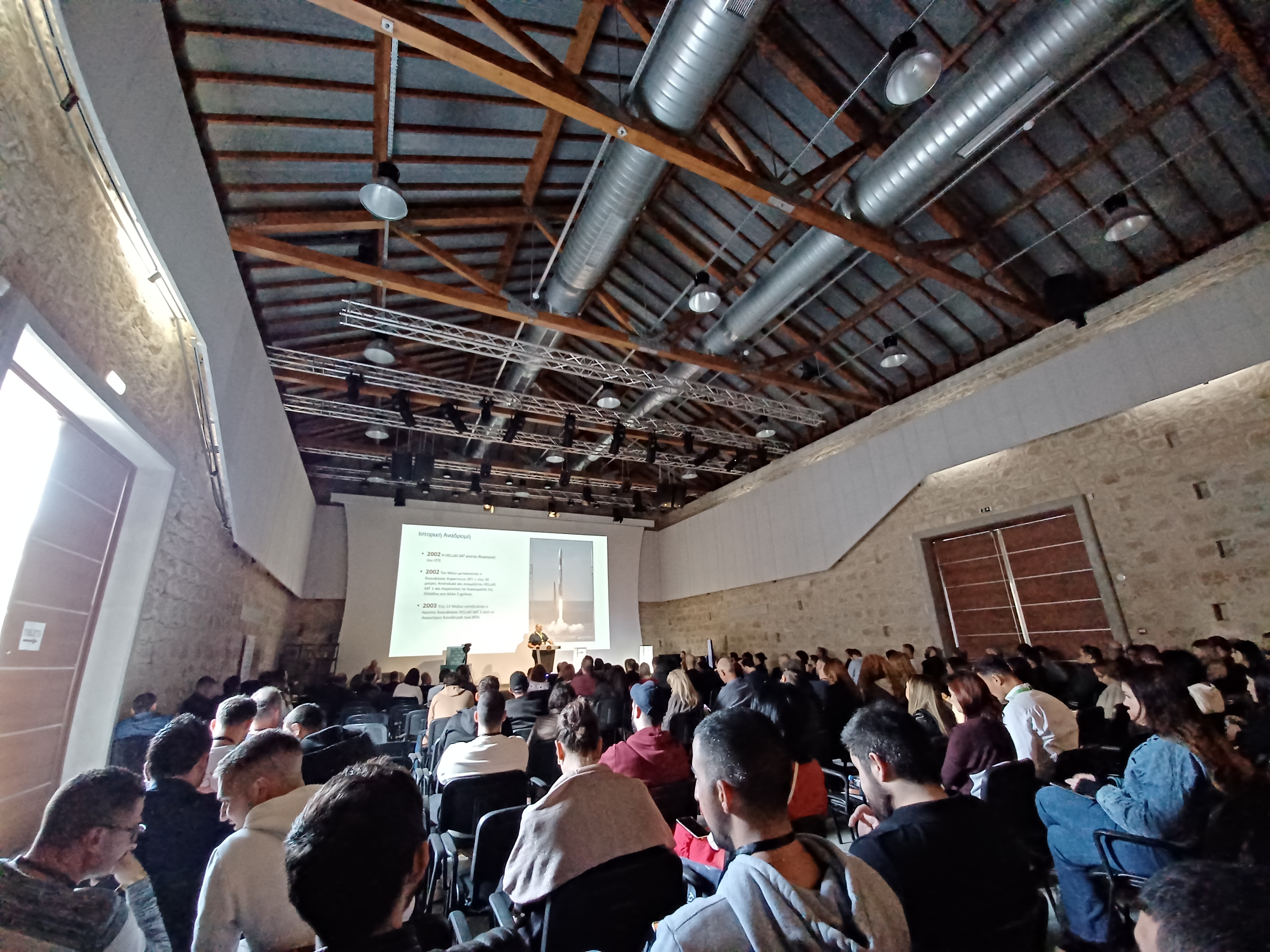
Elsewhere in the conference, Christodoulos Protopapas, the managing director of Hellas Sat Consortium Ltd (Cyprus), addressed the challenges of introducing cutting-edge technology in Cyprus.
Citing Hellas Sat as an example, he emphasised the importance of countries having their own satellite programmes.
Germany was highlighted as a cautionary example, having discontinued its programme and now relying on others.
Protopapas also spoke about the lack of response from the Cypriot government at the time when Hellas Sat was first being launched.
However, he noted that this lack of governmental involvement ultimately allowed the company to operate independently, without any interference or other outside factors, and achieve significant success.
Moreover, a video showcasing the Hellas Sat space centre in Kofinou was presented, illustrating the advancements made by Cypriot engineers, who are now trained to perform intricate satellite manoeuvres to maintain their positions in orbit.
Looking to the future, the speaker outlined plans for a new satellite equipped with laser technology and a 100-gigabit capacity.
This development, they explained, is strategically vital in light of recent attacks on subsea cables, as it offers a redundant and secure communication option that is less vulnerable to such threats.
Antigoni Komodiki, chief executive officer of Junior Achievement (JA) Cyprus, spoke about fostering entrepreneurship with a social conscience among young people and building the next generation of leaders to make Cyprus a better place for all.
She emphasised that entrepreneurship goes beyond business skills, helping young people develop a wide range of capabilities.

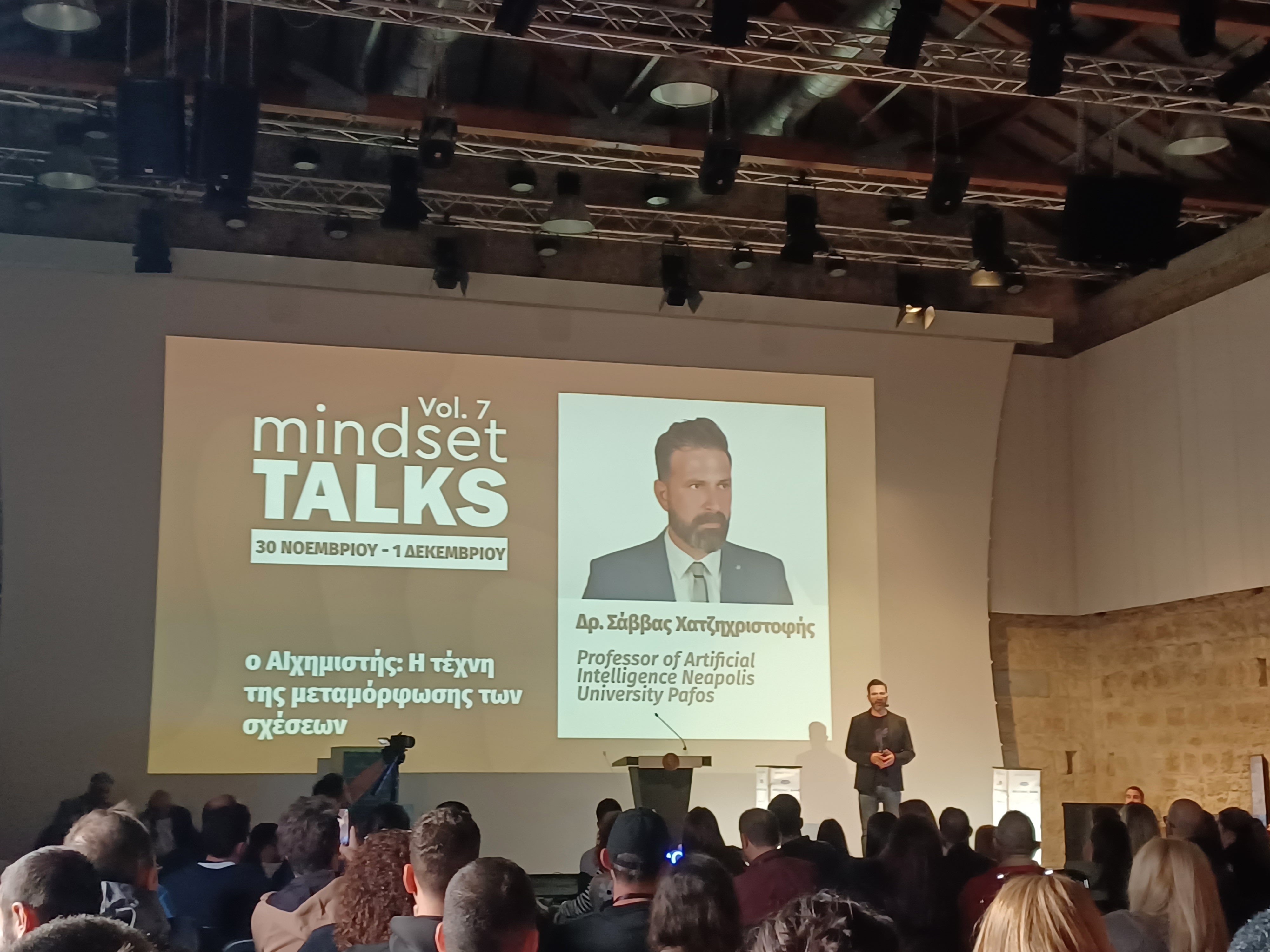
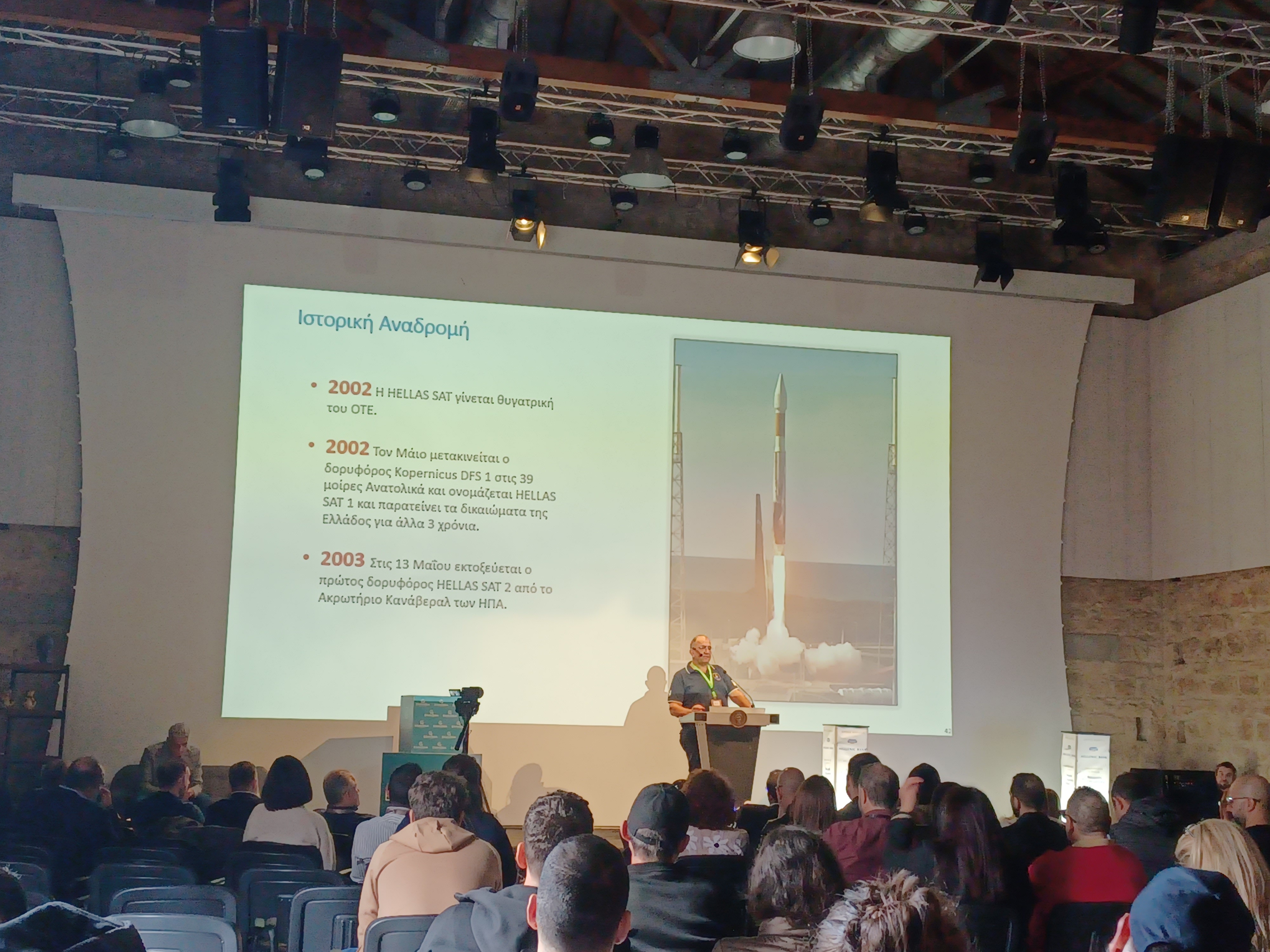
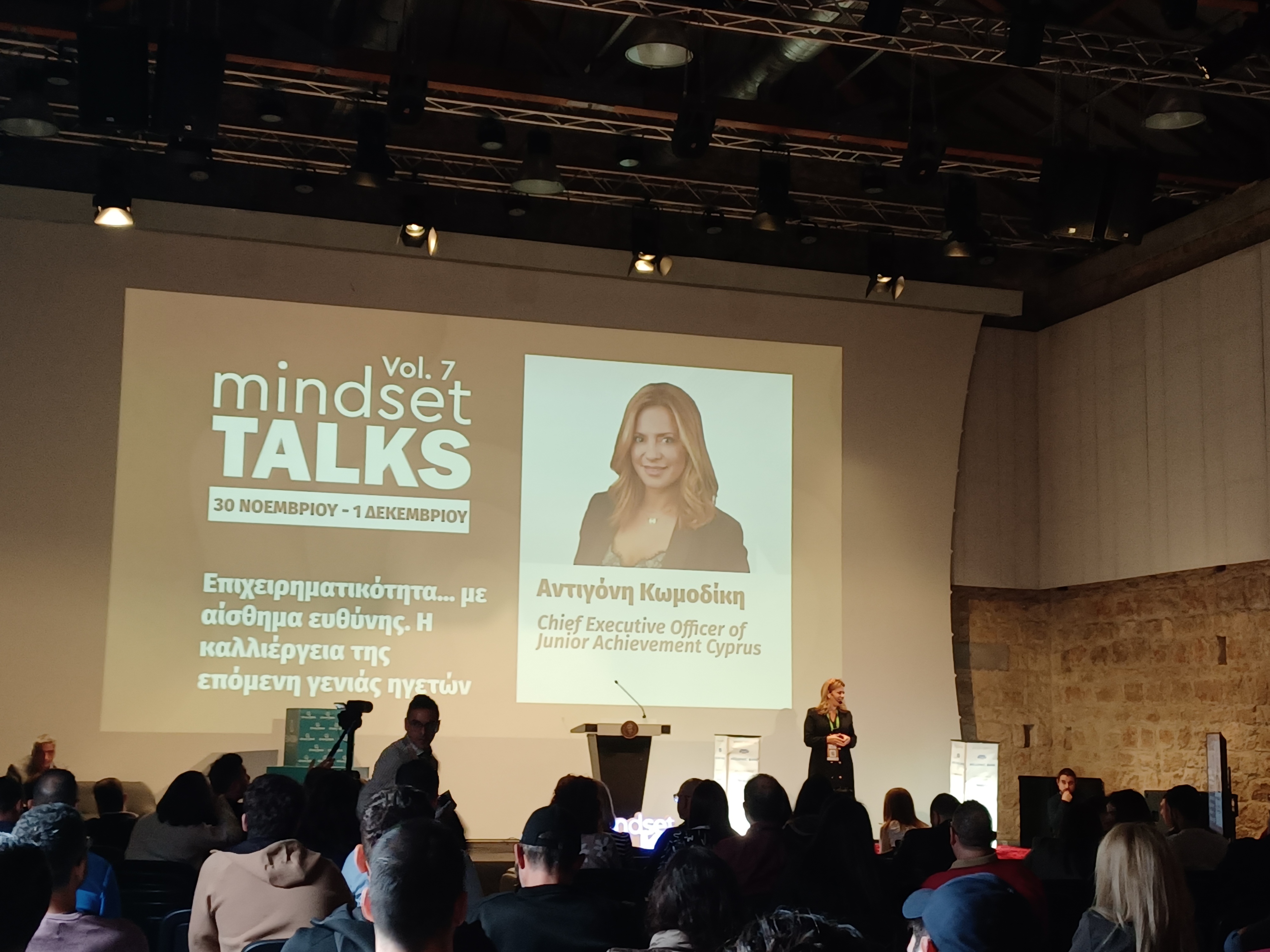
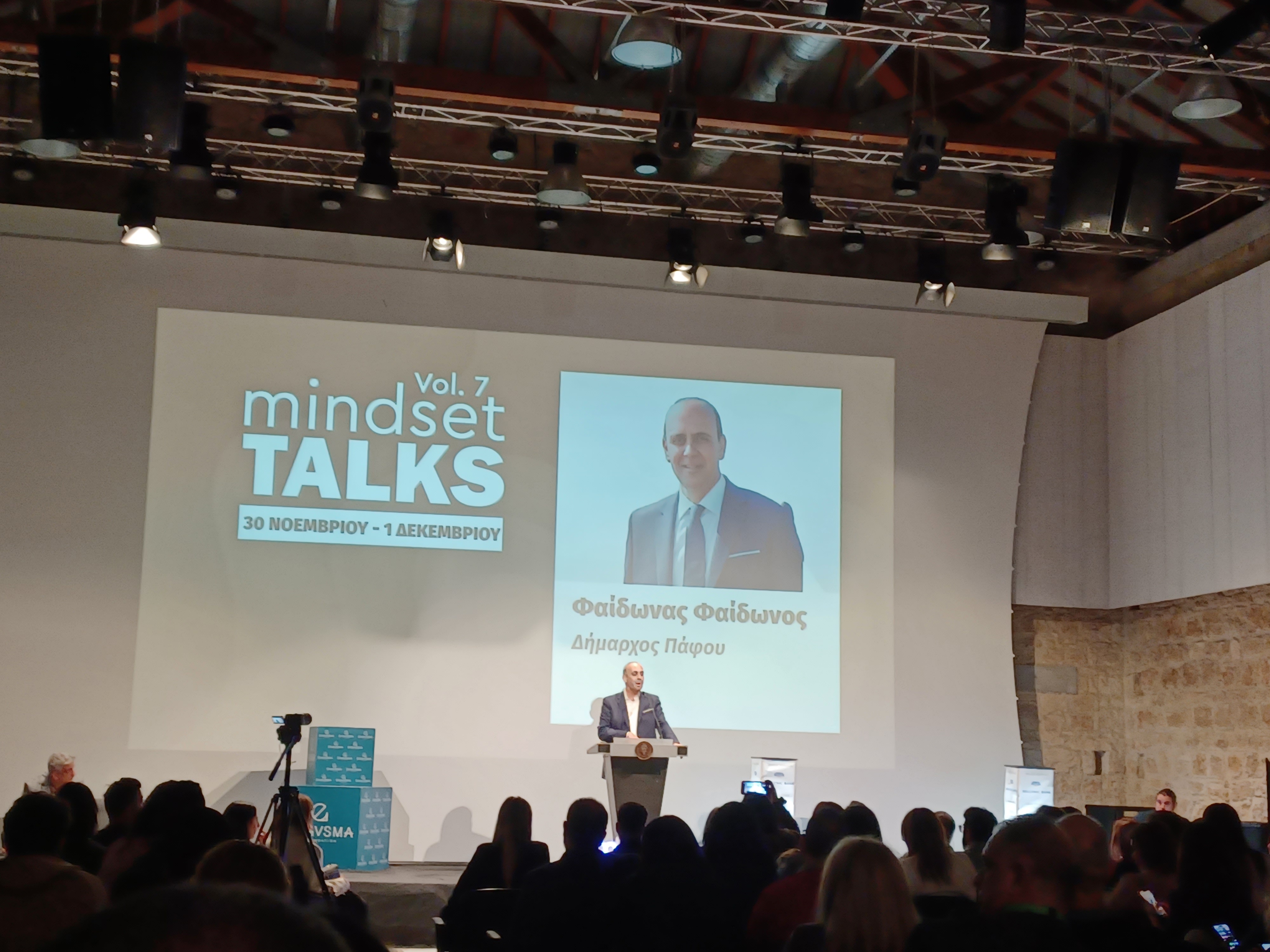
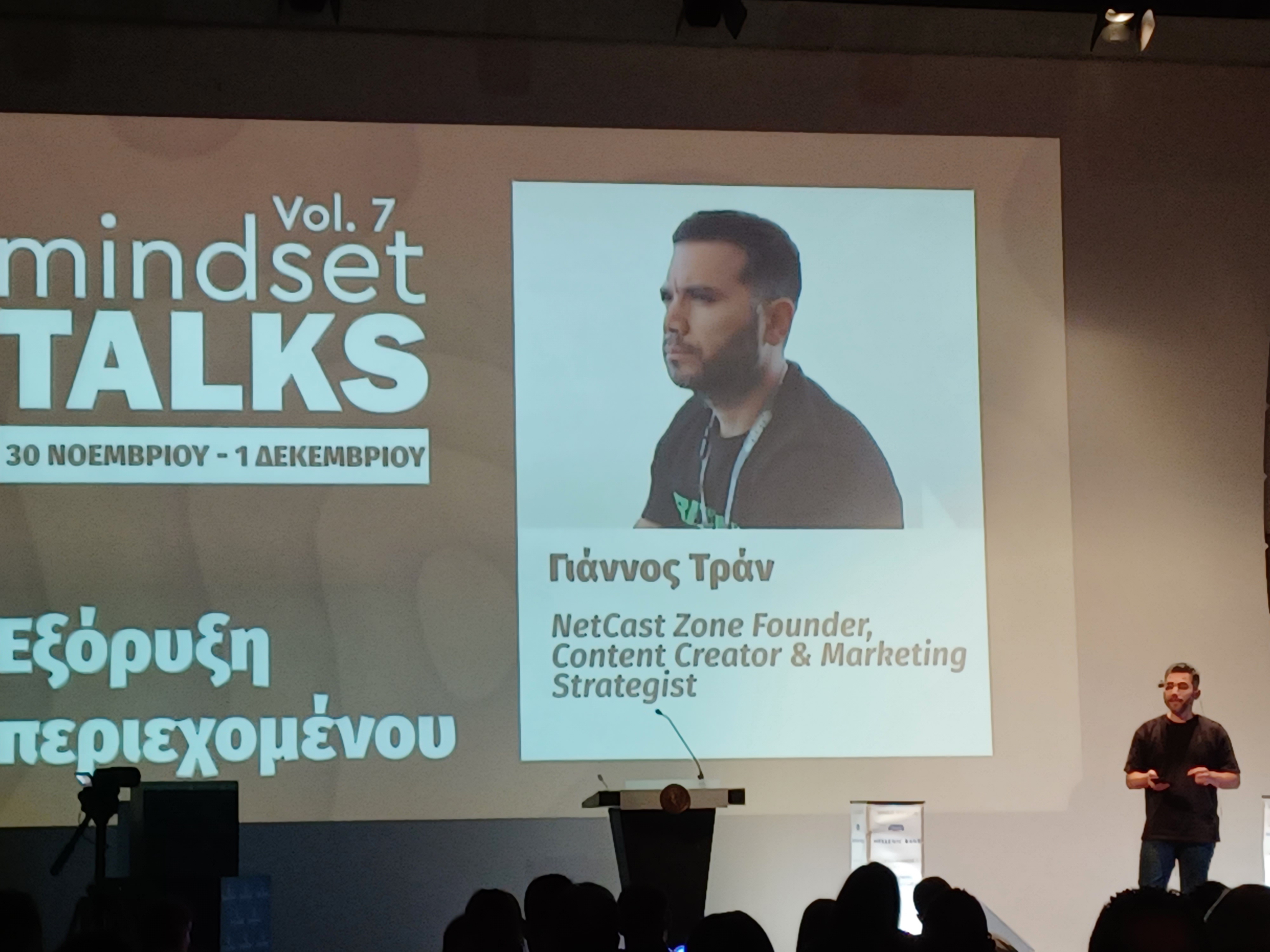
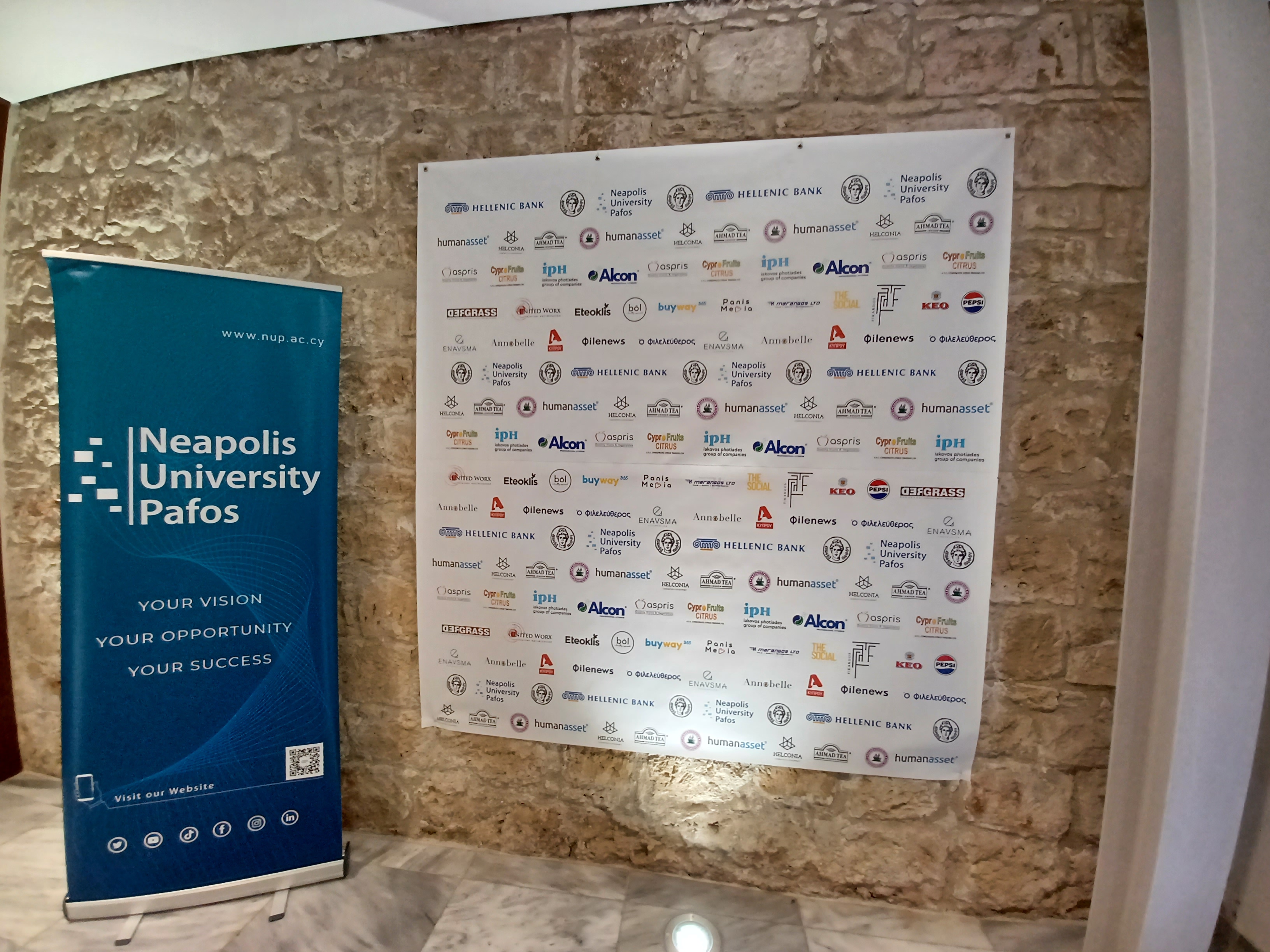
Komodiki also highlighted various student teams and startups supported by JA Cyprus, such as Grow Green, Eleutho Diagnostics, MammoCheck, and Embracelet.
MammoCheck, for example, tackles the issue of late breast cancer diagnoses in women who either avoid or receive insufficient mammography examinations. These delays often lead to lower survival rates and more costly, painful treatments.
MammoCheck’s technology offers several benefits: increasing survival rates by providing women with access to affordable, risk-free, and accurate examinations anywhere in the world; reducing healthcare costs through early detection; and decreasing drug use while freeing up medical resources to address other diseases.
Komodiki also mentioned that negative stories tend to dominate news cycles in Cyprus, while positive stories, including successful initiatives or projects, get much less publicity.
Savvas Chatzichristofis, professor of artificial intelligence and vice-rector for research and innovation at Neapolis University Pafos, addressed the potential impact of AI on the workforce during the conference.
He cited estimates predicting job losses due to AI could reach 300 million globally.
Chatzichristofis proposed that this challenge could be mitigated by retaining workers while reducing their working hours.
Drawing parallels to historical developments such as the introduction of the five-day workweek, the 40-hour workweek, and the expansion of women’s rights, he noted that societies have successfully adapted to major changes before.
Chatzichristofis also pointed to the adoption of the four-day workweek in some countries, such as Sweden and Norway, as an example of how work structures are evolving.
Finally, he said that society must find ways to adapt to the transformative effects of AI to ensure a balanced and equitable future.

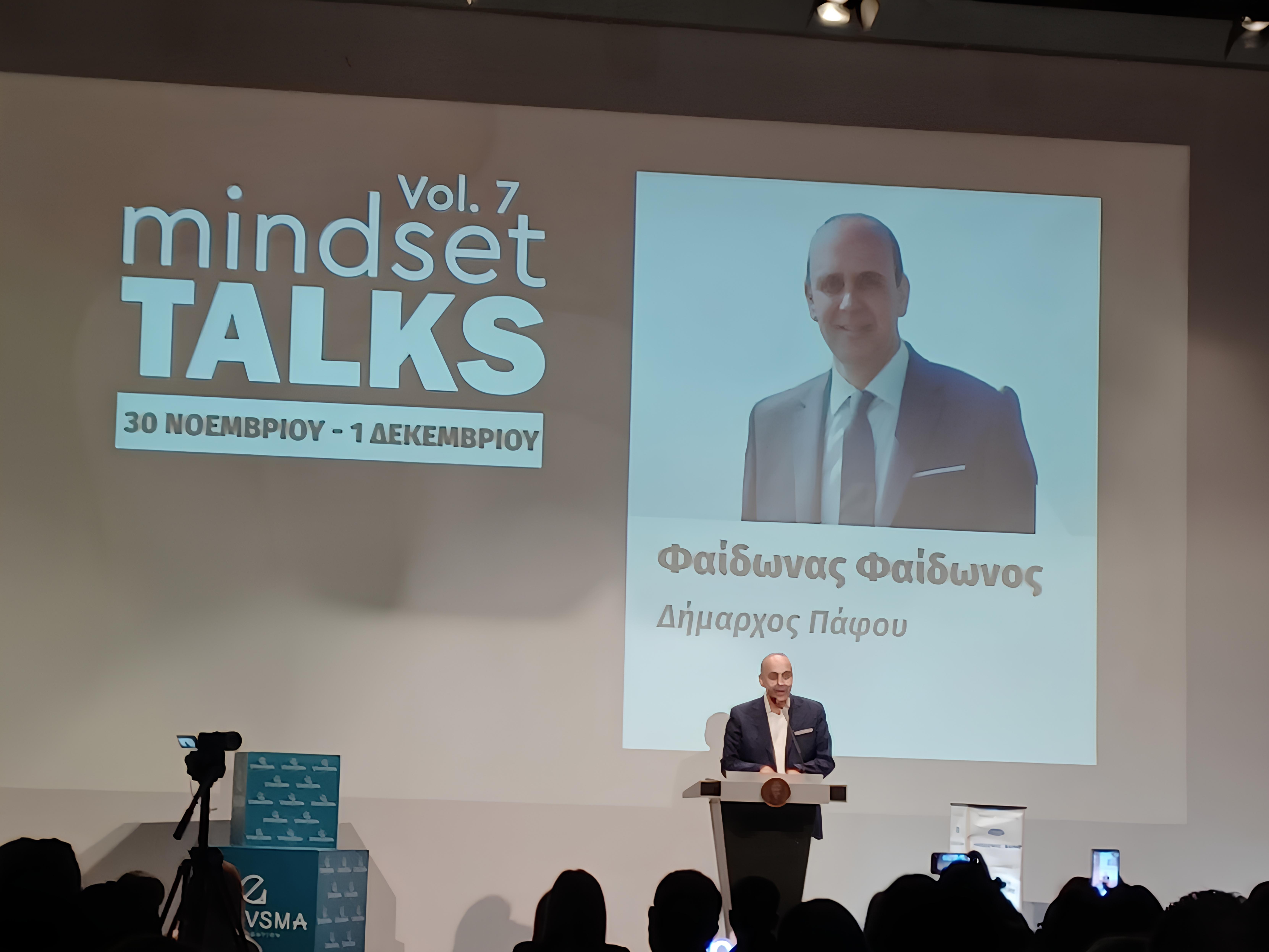





Click here to change your cookie preferences